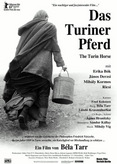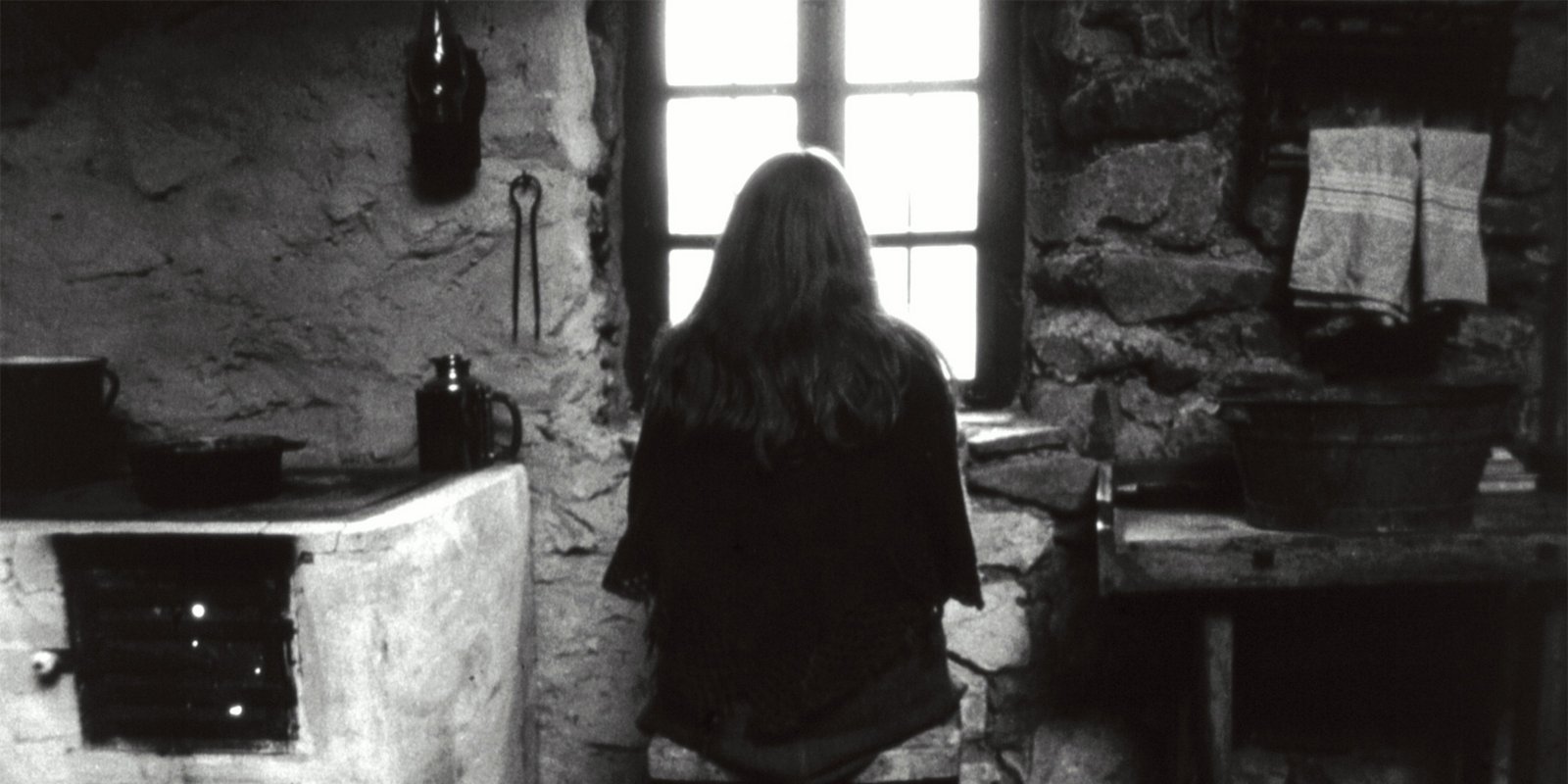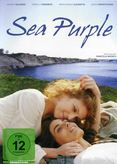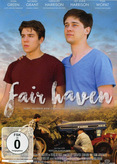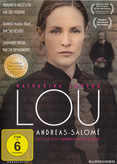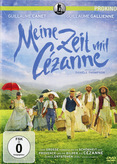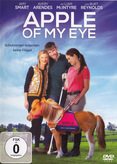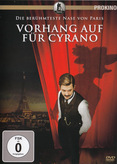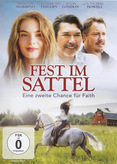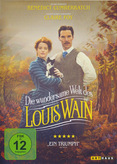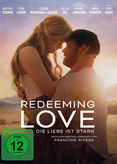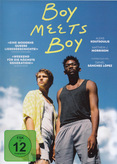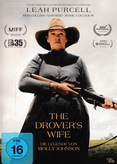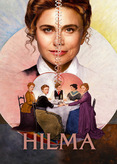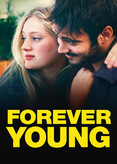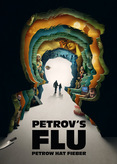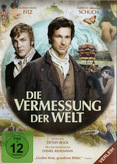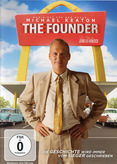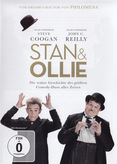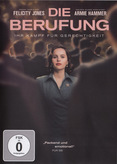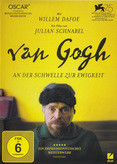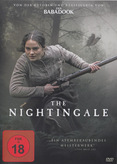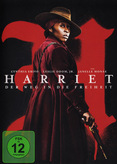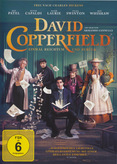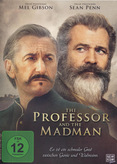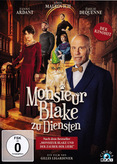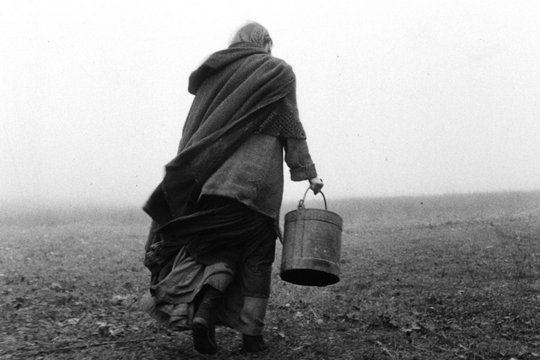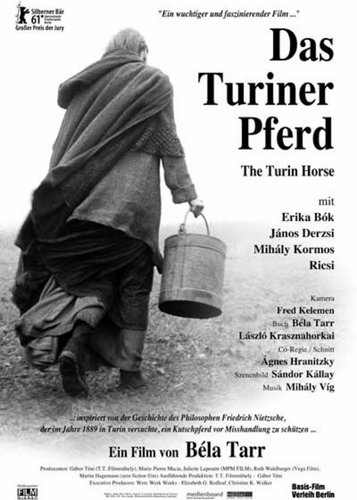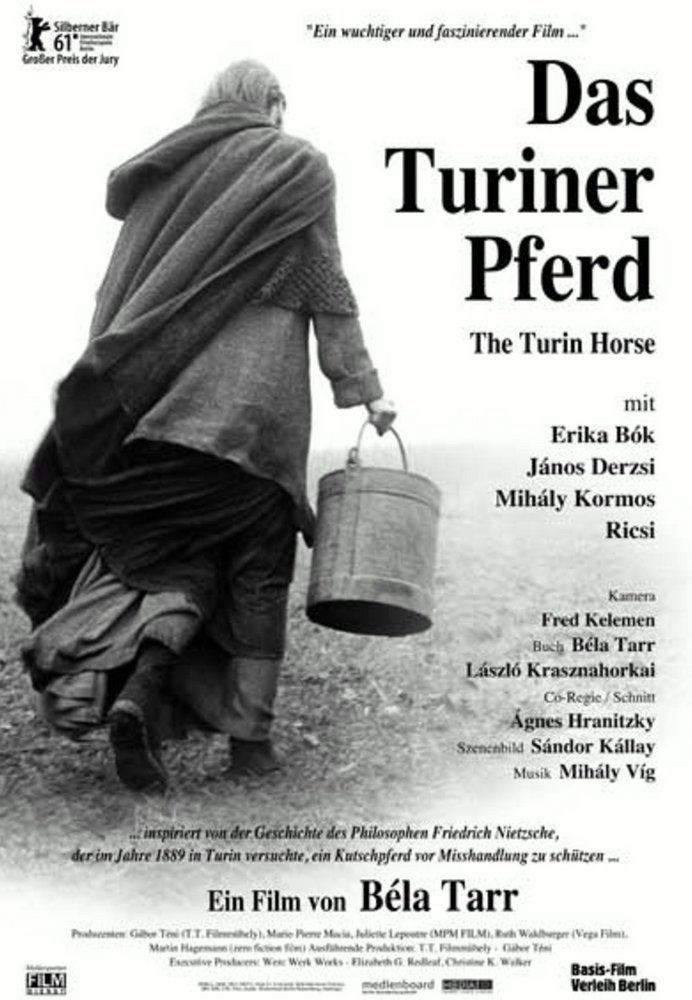1889. Der deutsche Philosoph Friedrich Nietzsche wird auf einer Turin-Reise Zeuge, wie ein widerwilliges Pferd auf offener Straße ausgepeitscht wird. Er versucht das Pferd zu retten, indem er sich an dessen Hals wirft. Wenige Wochen nach diesem Vorfall wird bei ihm eine schwere psychische Erkrankung diagnostiziert. So lebt er 10 Jahre bis zu seinem Tod sprachlos und ans Bett gefesselt unter der Obhut seiner Mutter und Schwestern...
'Das Turiner Pferd' (2011), dieser Film folgt der Frage, was mit dem Pferd geschehen ist. Regisseur Béla Tarr und Co-Regisseurin Ágnes Hranitzky erzählen die fiktive Geschichte des Kutschers Ohlsdorfer (János Derzsi), seiner Tochter (Erika Bók) und ihres Pferdes. Der Kutscher ist ein Landwirt, der sich mit dem Pferdefuhrwerk über Wasser hält. Die Tochter führt den Haushalt. Das Leben ist hart und karg, das Pferd alt und krank. Es kann die harte Arbeit nicht länger erledigen, auch wenn es die Befehle noch so gern befolgen möchte. Es will nur noch in Ruhe sterben.
Weiterlesen »
1889. On a trip to Turin, the German philosopher Friedrich Nietzsche witnesses a reluctant horse being whipped in the street. He tries to save the horse by throwing himself at its neck. A few weeks after this incident, he was diagnosed with a serious mental illness. So he lives 10 years until his death, speechless and bedridden under the care of his mother and sisters...
'The Turin Horse' (2011), this film follows the question of what happened to the horse. Director Béla Tarr and co-director Ágnes Hranitzky tell the fictional story of the coachman Ohlsdorfer (János Derzsi), his daughter (Erika Bók) and their horse. The coachman is a farmer who keeps his head above water with a horse-drawn cart. The daughter runs the household. Life is hard and barren, the horse old and sick. It can no longer do the hard work, no matter how much it wants to follow the orders. It just wants to die in peace.
More »
